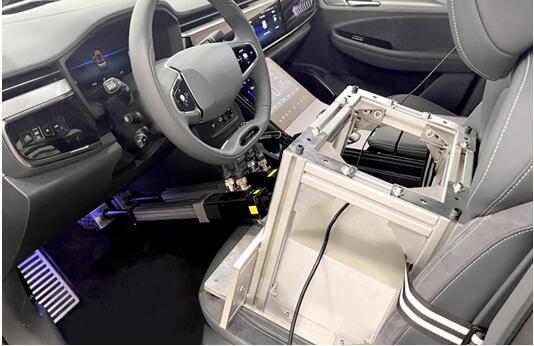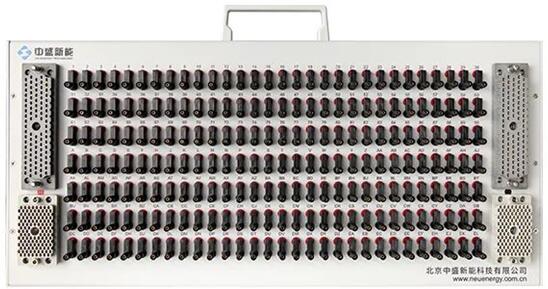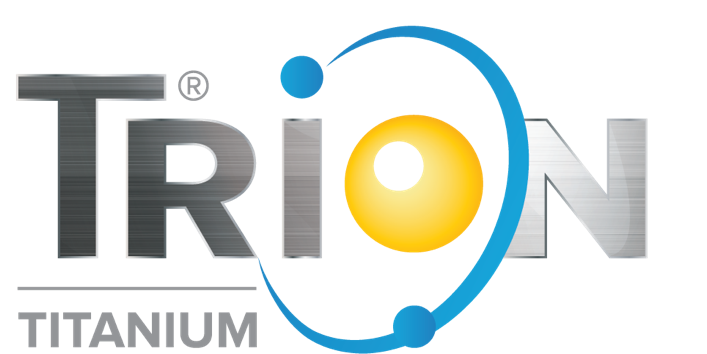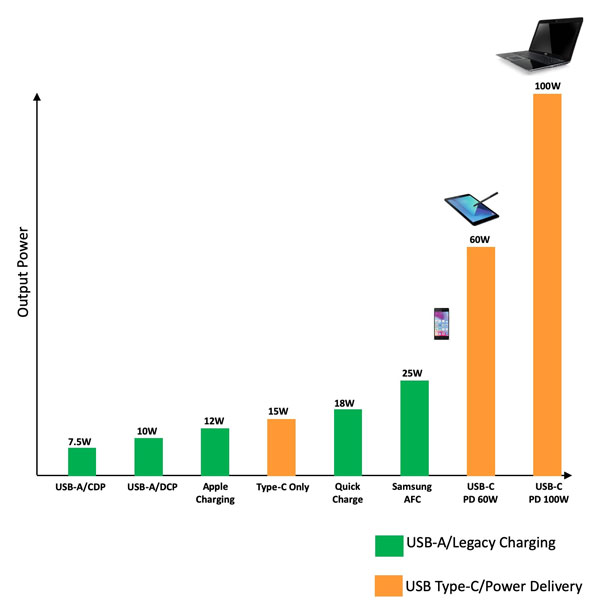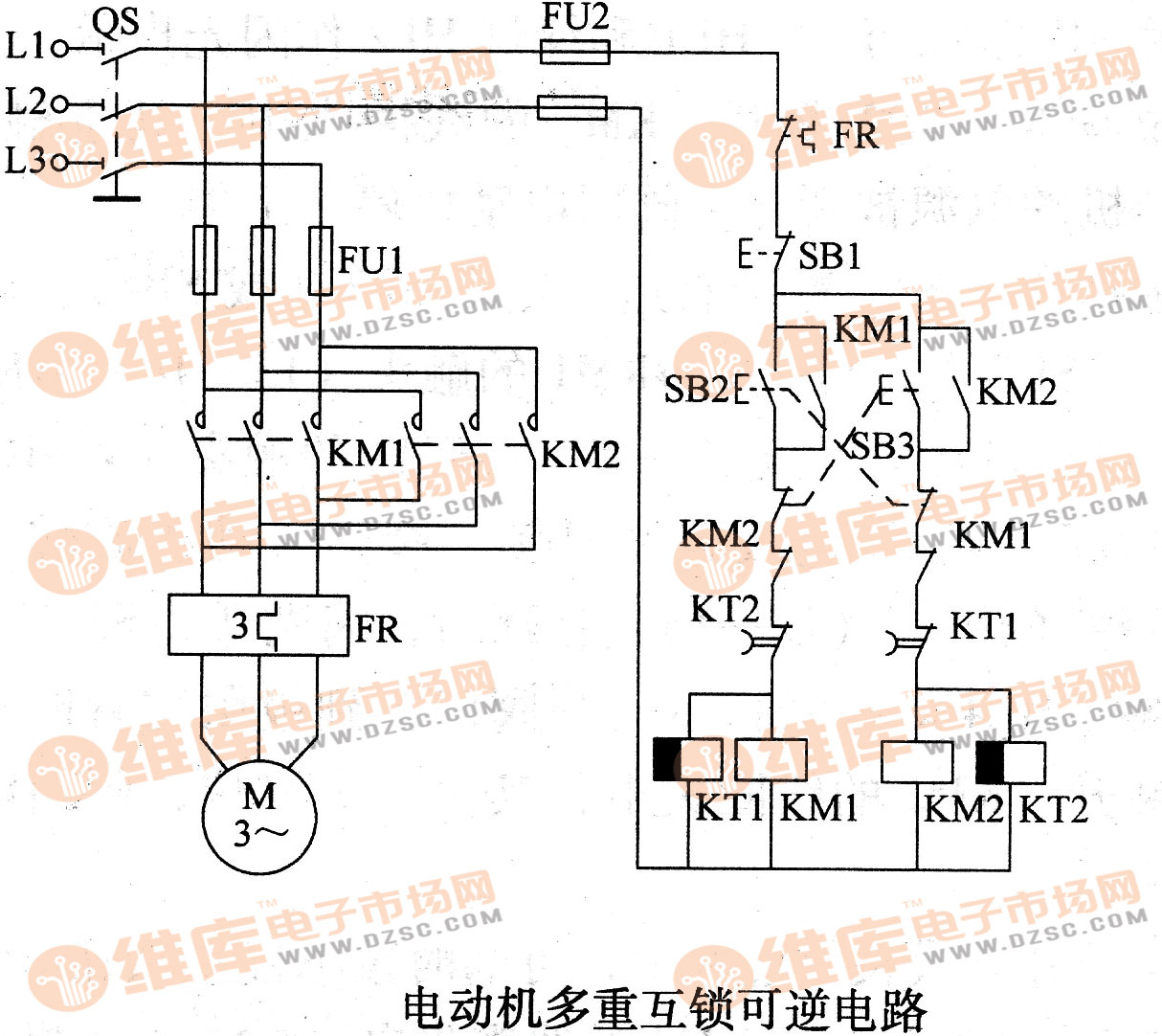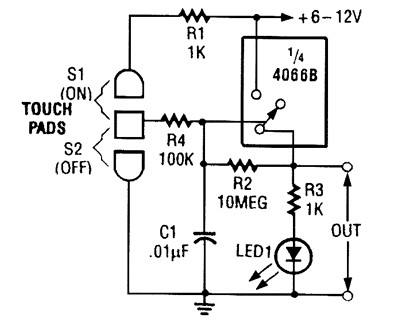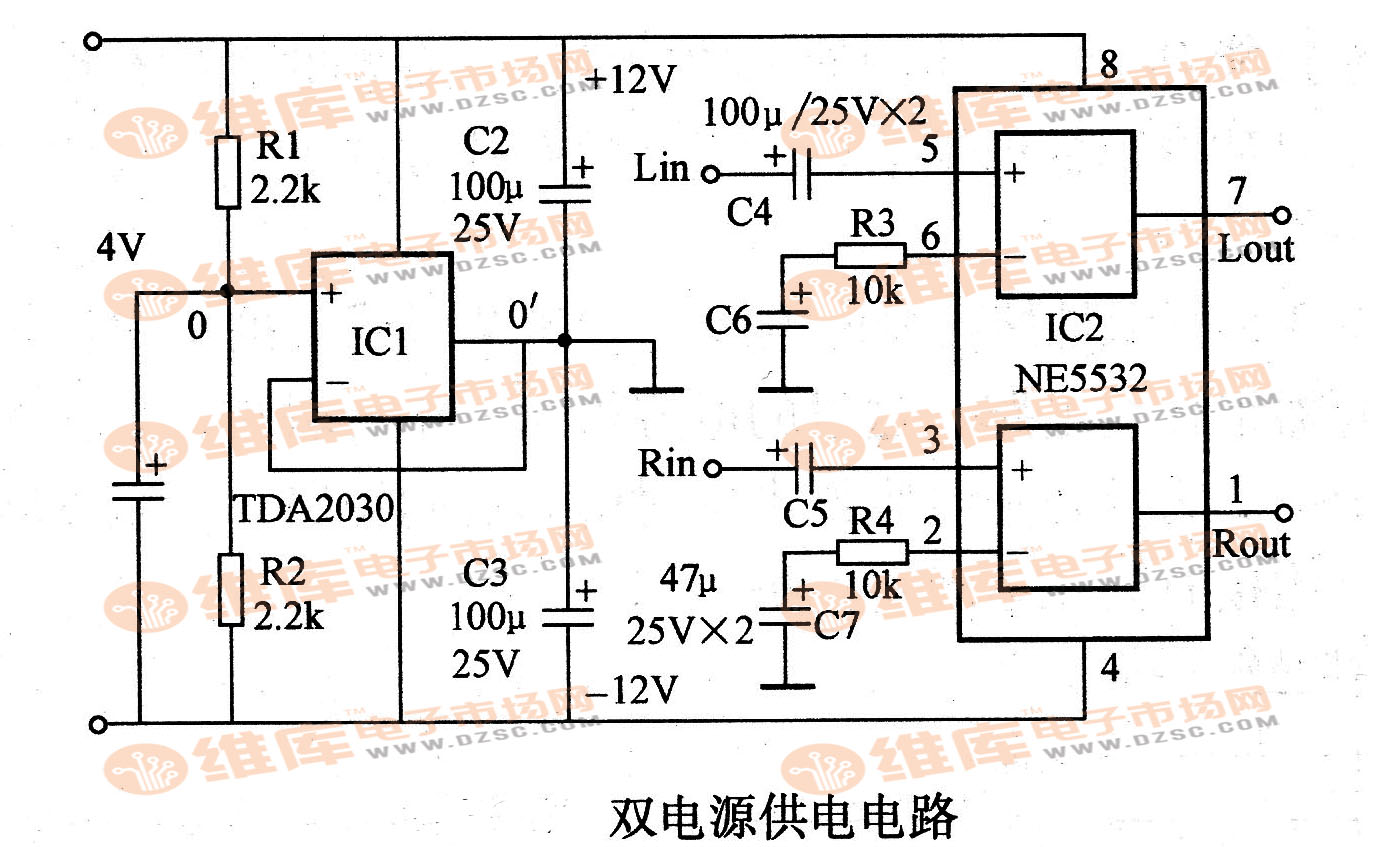東芝授權(quán)IME的高功效靈活處理器技術(shù)(E)
IMEC, Europe's leading independent nanoelectronics research institute today announced that Toshiba, world-leading integrated device manufacturer, has licensed IMEC technology for designing power-efficient, flexible processors in a single- and multiprocessor architecture. The agreement concerns IMEC's ADRES reconfigurable processor template, the DRESC compiler, and the MPSoC (multi-processor system-on-chip) suite of design tools. Toshiba will also cooperate with IMEC to develop processors and tools that enable gigabit/s demodulation.
ADRES (Architecture for Dynamically Reconfigurable Embedded Systems) is a processor architecture designed for wireless and multimedia processing in single- and multiprocessor systems. ADRES processors are suited for future mobile terminals, such as software-defined radios. They combine state-of-the-art power efficiency, excellent performance, and flexibility.
Through an XML template, designers can create the ADRES processor instance that is best suited for their applications. And applications for an ADRES processor can be completely programmed in a high-level programming language (C) and compiled with the DRESC compiler, included in the license. This is of key importance for short time-to-market.
MPSoC is a suite of tools to help build and map applications for multiprocessor platforms. The suite's first toolset, called CleanC, allows designers to write sequential, high-level code that is optimized for parallelization. The second toolset then enables mapping the sequential C code on a multiprocessor platform. MPSoC relieves the designers of having to code synchronization, data communication between threads, and memory organization. Thanks to the parallelization tools, for instance, several multithreaded versions of the same application can be explored in a short time. This greatly reduces the application complexity and design time, enabling designers to bring multiprocessor based embedded-system platforms faster to the market.
"Before entering into this agreement, Toshiba thoroughly evaluated the IMEC technology. It then decided not only to license ADRES and MPSoC, but also to cooperate with IMEC to develop processors and tools that enable gigabit/s demodulation. This testifies that IMEC's research into efficient embedded multiprocessor systems is world-class", said Rudy Lauwereins, Vice President Nomadic Embedded Systems at IMEC.
"We are confident that IMEC's dynamic reconfigurable processor technology will bring significant advantage to the development of our wireless baseband SoCs in terms of design time, flexibility and area," said Tohru Furuyama, General Manager of Center for Semiconductor Research & Development at Toshiba. "We are looking forward to collaborating with IMEC which will allow us to leverage on the expertise and knowledge of IMEC's research team and enable us to also provide valuable technologies and products to our customers."
相關(guān)閱讀:
- ...· “芯創(chuàng)杯”首屆高校未來汽車人機(jī)交互設(shè)計(jì)大賽報名正式啟動
- ...· 探秘第二屆衛(wèi)藍(lán)山鷹“創(chuàng)新·共享”試驗(yàn)技術(shù)論壇!
- ...· “2018中國半導(dǎo)體生態(tài)鏈大會”在江蘇省盱眙舉行
- ...· 新主題新規(guī)劃,CITE 2019瞭望智慧未來
- ...· 從汽車到工廠,TI毫米波傳感器致力于創(chuàng)造更智能的世界
- ...· 意法半導(dǎo)體(ST)、Cinemo和Valens在CES 2018展上聯(lián)合演示汽車信息娛樂解決方案
- ...· 北京集成電路產(chǎn)業(yè)創(chuàng)新發(fā)展高峰論壇即將在京召開
- ...· 三菱電機(jī)強(qiáng)勢出擊PCIM亞洲2017展
- ...· GPGPU國產(chǎn)替代:中國芯片產(chǎn)業(yè)的空白地帶
- ...· 物聯(lián)網(wǎng)產(chǎn)品設(shè)計(jì)中Wi-Fi連接的四個關(guān)鍵因素
- ...· 第三屆中國MEMS智能傳感器產(chǎn)業(yè)發(fā)展大會即將于蚌埠拉開帷幕
- ...· IAIC專項(xiàng)賽演繹“中國芯“應(yīng)用創(chuàng)新,信息安全高峰論壇亮劍海寧
- ...· 智能控制有源鉗位反激
- ...· 解讀5G毫米波OTA 測試技術(shù)
- ...· 多個市場高速增長推動Molex加強(qiáng)汽車領(lǐng)域的發(fā)展
- ...· 中國綠色制造聯(lián)盟成立大會召開在即 政產(chǎn)學(xué)研用共探綠色發(fā)展新模式
- ...· Efinix® 全力驅(qū)動AI邊緣計(jì)算,成功推出Trion™ T20 FPGA樣品, 同時將產(chǎn)品擴(kuò)展到二十萬邏輯單元的T200 FPGA
- ...· 英飛凌亮相進(jìn)博會,引領(lǐng)智慧新生活
- ...· 三電產(chǎn)品開發(fā)及測試研討會北汽新能源專場成功舉行
- ...· Manz亞智科技跨入半導(dǎo)體領(lǐng)域 為面板級扇出型封裝提供化學(xué)濕制程、涂布及激光應(yīng)用等生產(chǎn)設(shè)備解決方案
- ...· 中電瑞華BITRODE動力電池測試系統(tǒng)順利交付北汽新能源
- ...· 中電瑞華FTF系列電池測試系統(tǒng)中標(biāo)北京新能源汽車股份有限公司
- ...· 中電瑞華大功率高壓能源反饋式負(fù)載系統(tǒng)成功交付中電熊貓
- ...· 中電瑞華國際在電動汽車及關(guān)鍵部件測評研討會上演繹先進(jìn)測評技術(shù)
- ...· 數(shù)據(jù)采集終端系統(tǒng)設(shè)備
- ...· 簡儀科技踏上新征程
- ...· 易靈思® 宣布 AEC-Q100 資質(zhì)認(rèn)證和汽車系列產(chǎn)品計(jì)劃
- ...· 易靈思® 宣布擴(kuò)充高性能 鈦金系列™ FPGA 產(chǎn)品 鈦金系列產(chǎn)品擴(kuò)充至包含 1M 邏輯單元的 FPGA
- ...· 易靈思® 宣布Trion® Titanium 在臺積電 (TSMC) 16納米工藝節(jié)點(diǎn)流片
- ...· TI杯2019年全國大學(xué)生電子設(shè)計(jì)競賽頒獎典禮在京舉行
- ...· BlackBerry QNX虛擬機(jī)獲得全球首個汽車安全完整性等級(ASIL) ‘D’認(rèn)證
- ...· 威馬汽車選擇BlackBerry助力下一代汽車

